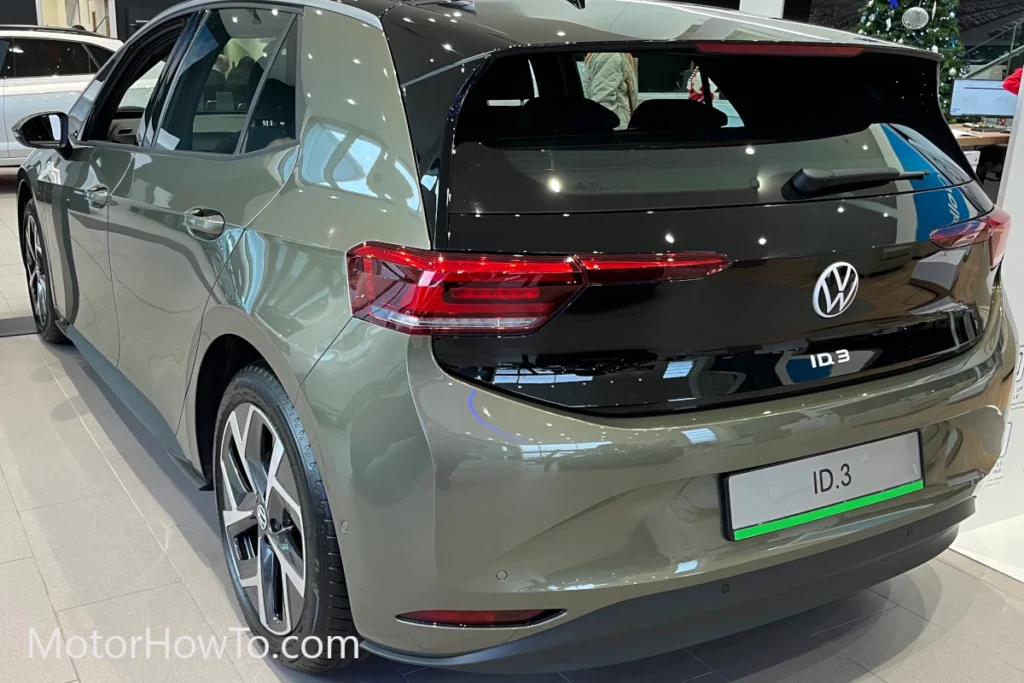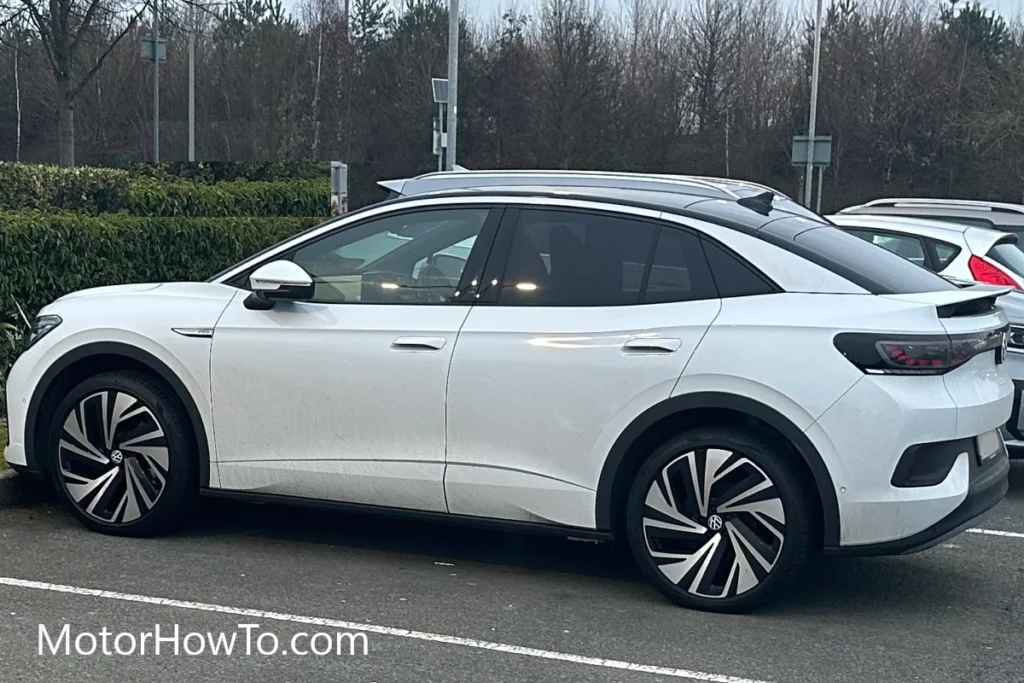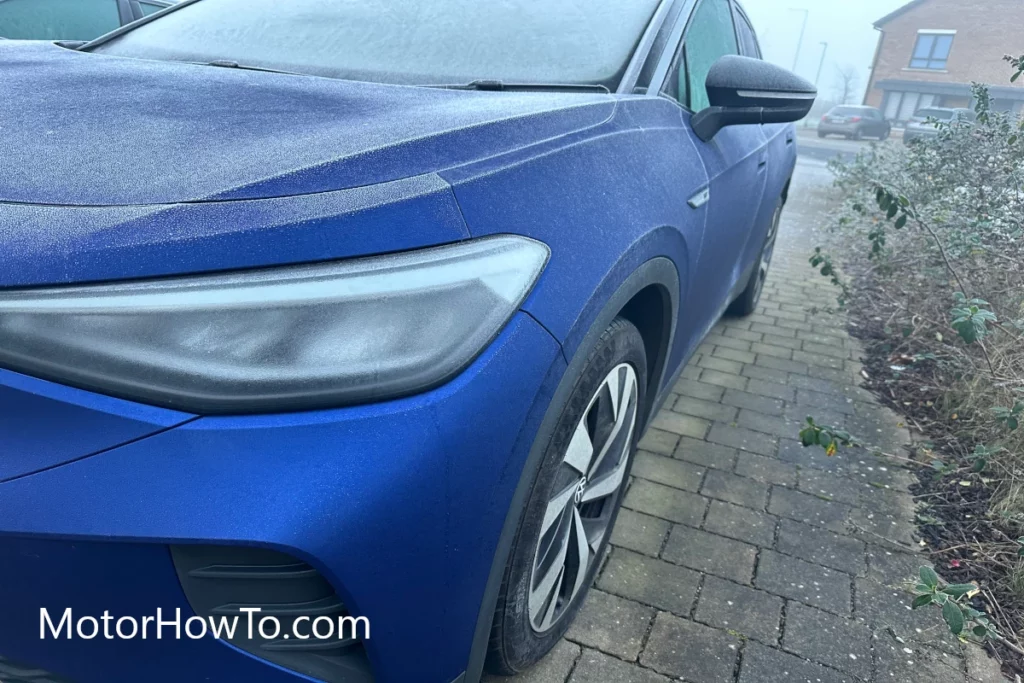As the automotive industry shifts towards a greener future, electric vehicles (EVs) have become increasingly popular.
This article delves into the various incentives available for Volkswagen ID owners, exploring how these benefits can enhance the EV experience.
From governmental policies to manufacturer-specific perks, we examine how VW ID owners can maximize their investment in sustainable transportation.
Volkswagen ID owners can access various incentives, including government tax credits, rebates, charging station discounts, and regional benefits to promote sustainable and cost-effective electric vehicle ownership.
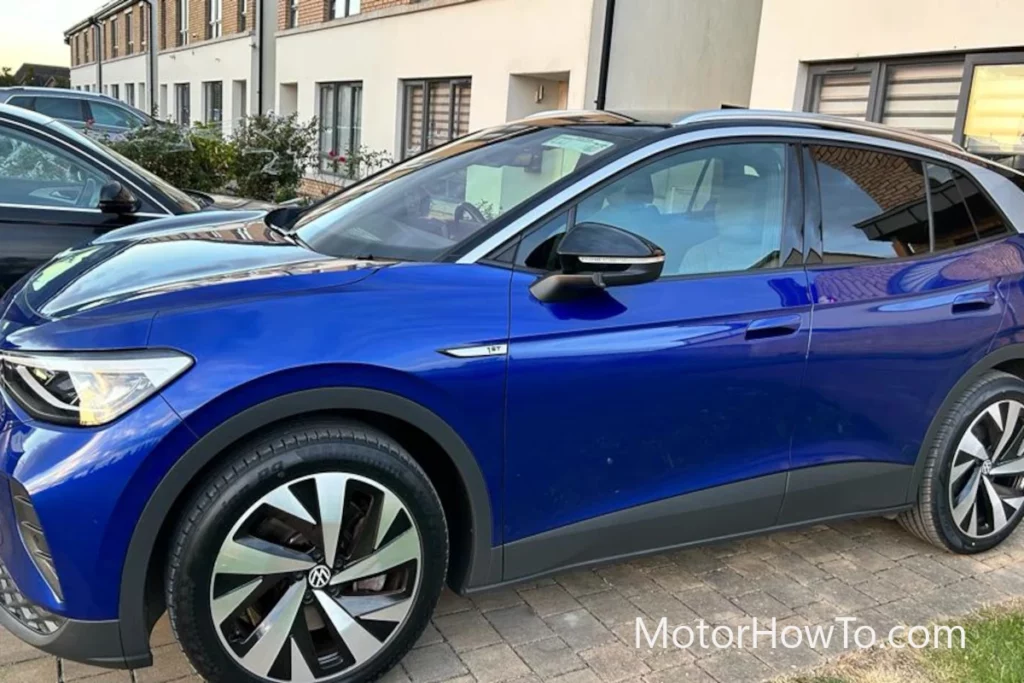
In the subsequent sections of the article, readers can anticipate a comprehensive guide that covers the spectrum of incentives available to Volkswagen ID owners.
We’ll explore the financial benefits, such as tax credits and rebates, delve into charging solutions and infrastructure support, and examine regional incentive variations.
Additionally, the article will provide insights into how these incentives contribute to the overall value and ownership experience of a Volkswagen ID.
Related:
- Eco-Friendly Edge of the Volkswagen ID Range (Sustainability & Performance)
- How Regenerative Braking Works in the VW ID (Efficiency and Use)
- Exploring the Advanced Safety Features of VW ID Series (Must Read)
Financial Incentives and Tax Benefits
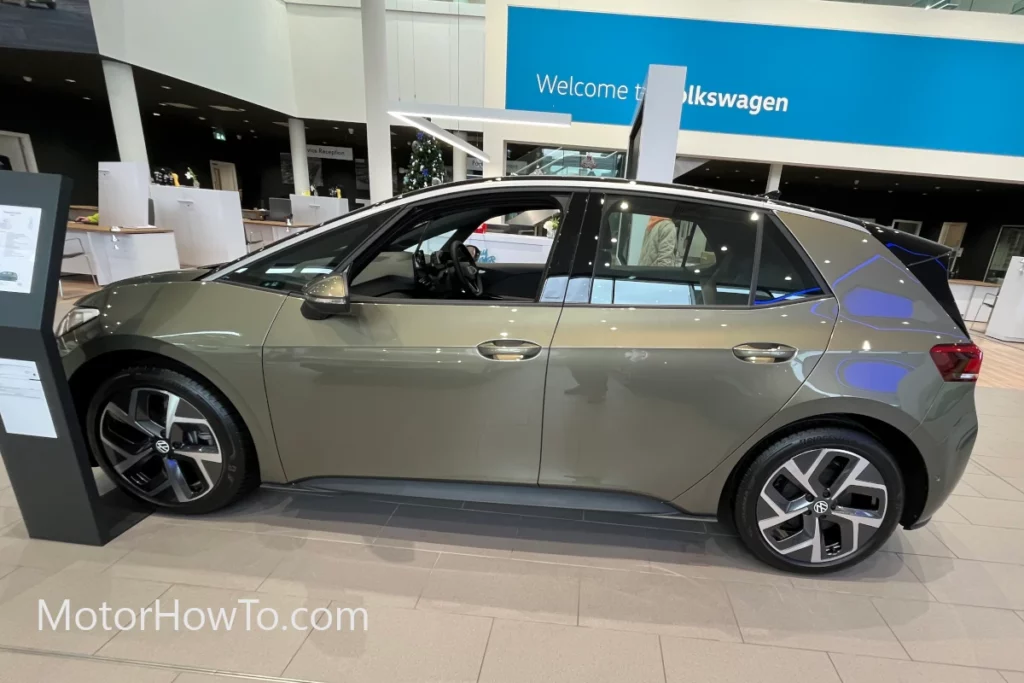
Various financial measures have significantly incentivized the shift towards electric vehicles (EVs).
Owners of Volkswagen ID models stand to benefit from a range of financial incentives and tax benefits designed to make EV ownership more affordable and appealing.
These incentives reduce the initial cost of purchasing an EV and contribute to lower operating costs over the vehicle’s lifetime.
Key Financial Incentives:
- Federal Tax Credits: In many countries, including the United States, EV buyers can avail themselves of substantial federal tax credits. For Volkswagen ID owners, this could mean a credit of up to several thousand dollars, contingent on the model and battery size.
- State and Local Incentives: Depending on the region, additional incentives such as reduced vehicle registration fees, tax exemptions, and even cash rebates can be available. These benefits vary widely by location but can significantly reduce the overall cost of EV ownership.
Other Notable Benefits:
- Utility Company Rebates: Some utility companies offer rebates or discounts on electricity rates for EV owners. This can lower the cost of charging your Volkswagen ID at home.
- Insurance Discounts: Certain insurance companies provide discounts for EV owners, recognizing the lower risk profile and maintenance costs associated with electric vehicles.
- Employer Incentives: Some employers offer incentives like free charging stations at workplaces or financial assistance as part of their sustainability initiatives.
These financial incentives and tax benefits are crucial in making EVs like the Volkswagen ID more accessible and financially viable for a broader range of consumers.
By lowering the barrier to entry and ongoing costs, they not only encourage the adoption of environmentally friendly vehicles but also help to build a more sustainable future.
Charging Solutions and Infrastructure Support
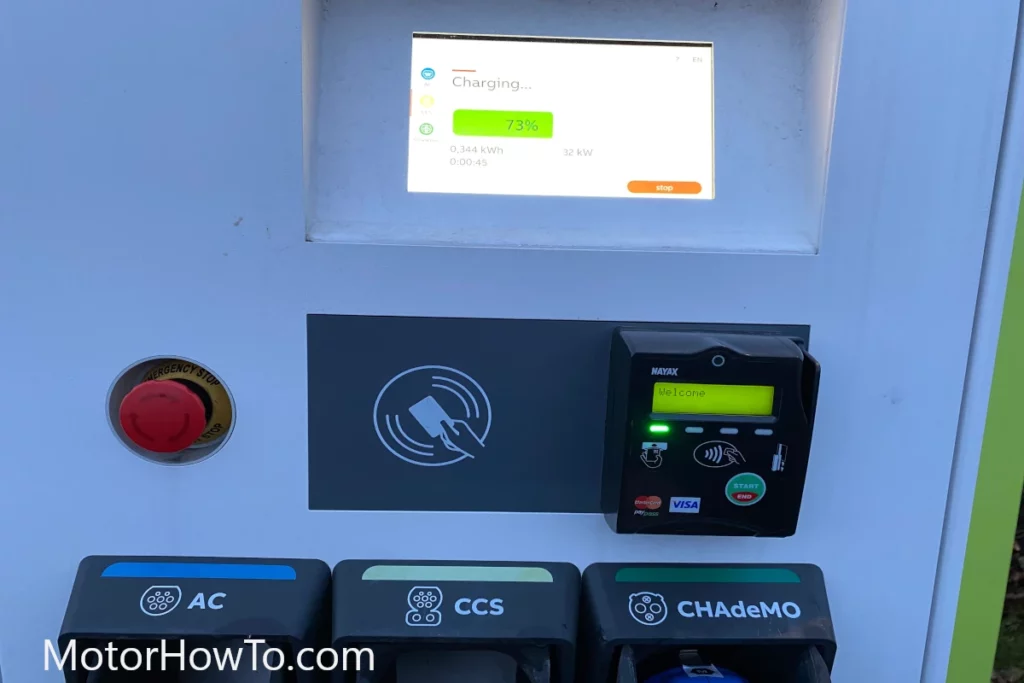
One of the critical aspects of owning an electric vehicle (EV) like the Volkswagen ID is understanding the available charging solutions and the support infrastructure.
As the EV market grows, so does the network of charging stations and the technology behind them, making EV ownership more convenient than ever.
Home Charging Solutions
- Level 1 Charging: This basic charging option uses a standard household outlet (110-120V). It’s the slowest method but doesn’t require additional equipment or installation.
- Level 2 Charging: Faster than Level 1, Level 2 chargers require a 240V outlet, similar to large appliances. Volkswagen ID owners can install a Level 2 charging station at home for quicker charging.
Public Charging Infrastructure
- Widespread Availability: Public charging stations are becoming increasingly prevalent, making it easier for EV owners to charge on the go. These stations often offer Level 2 charging and DC fast charging options.
- DC Fast Charging: DC fast chargers are available at public stations for rapid charging. They can charge the Volkswagen ID significantly faster than Level 1 or Level 2 chargers, adding significant range quickly.
Support and Integration:
- Mobile Apps: Many charging networks provide apps to help locate nearby charging stations, check availability, and even handle payment. Volkswagen offers its mobile solutions for managing charging sessions.
- Incentives for Charging Infrastructure: Some regions offer incentives for installing EV charging stations, reducing the cost for Volkswagen ID owners to set up home charging solutions.
- Partnerships and Expansions: Volkswagen is part of various initiatives and partnerships to expand the charging infrastructure. These efforts ensure EV owners can access reliable and fast charging options, regardless of where they travel.
The development of charging solutions and support infrastructure is crucial for the convenience and practicality of driving an EV like the Volkswagen ID.
With ongoing advancements and increased accessibility to charging stations, EV ownership is becoming more appealing to a broader audience, further supporting the transition to sustainable transportation.
Regional Variations in EV Incentives
The incentives available for electric vehicle (EV) ownership, including those for Volkswagen ID models, can vary significantly depending on the region.
Local policies, environmental goals, and the level of EV adoption in the area influence these variations. Understanding these regional differences is crucial for potential and current EV owners to maximize the benefits available to them.
Key Regional Variations in EV Incentives:
- United States: Incentives in the U.S. vary greatly from state to state. While the federal government offers a tax credit, states like California and Colorado offer additional rebates, HOV lane access, and reduced registration fees.
- European Union: Many EU countries provide substantial incentives for EV owners. For example, Germany offers a premium for purchasing an EV, reduced company car tax, and various local benefits like free parking.
- Canada: In Canada, incentives include federal purchase incentives and additional provincial incentives, such as those in Quebec and British Columbia, which offer rebates and support for home charger installations.
- Asia-Pacific: Countries like China and Japan offer a range of incentives, including tax reductions, subsidies, and, in some cities, preferential treatment for license plate allocation.
- Scandinavia: Scandinavian countries, known for their environmental leadership, offer various incentives. Norway, for instance, provides tax exemptions, free parking, and toll exemptions for EV owners.
Factors Influencing Regional Variations:
- Environmental Policies: Regions with aggressive environmental goals tend to offer more substantial incentives to accelerate the shift to cleaner transportation.
- Energy Policies: Areas focusing on reducing reliance on fossil fuels often provide more support for EVs, including incentives for charging infrastructure.
- Economic Factors: Economic incentives are also influenced by local economic conditions and the desire to stimulate local automotive industries.
- Infrastructure Development: Regions with more developed EV infrastructure often have more comprehensive incentive programs to encourage use.
These regional variations in EV incentives reflect the differing approaches of governments and local authorities in promoting EV adoption.
For Volkswagen ID owners, staying informed about the specific incentives available in their region can lead to significant savings and a more rewarding EV ownership experience.
Enhancing Ownership Experience with Incentives

The ownership experience of an electric vehicle (EV) like the Volkswagen ID is greatly enhanced by various incentives.
These incentives make the purchase more attractive financially and contribute to a more enjoyable and stress-free ownership experience.
Financial Savings
Incentives significantly reduce the financial burden of owning an EV.
Tax credits, rebates, and reduced registration fees directly lower the upfront costs, making EVs like the Volkswagen ID more accessible.
Additionally, ongoing incentives such as reduced electricity rates for charging and insurance discounts contribute to lower running costs compared to traditional vehicles.
Improved Charging Convenience
With incentives to expand and improve charging infrastructure, Volkswagen ID owners enjoy greater convenience.
Subsidies or rebates for home charger installations and the development of public charging networks mean keeping an EV charged and ready to go is becoming increasingly easier.
This enhanced charging network reduces range anxiety and makes long-distance travel more feasible.
Environmental Satisfaction
Owning an EV already contributes to environmental sustainability, but incentives that promote using renewable energy for charging further enhance this aspect.
Knowing that your vehicle is emission-free and powered by clean energy adds satisfaction beyond mere vehicle ownership.
Increased Resale Value
The growing infrastructure and popularity of EVs, partly driven by these incentives, can lead to higher resale values for vehicles like the Volkswagen ID.
The increasing demand for EVs, coupled with the perception of them as future-proof vehicles, often translates into a better return on investment when it’s time to sell.
Community and Government Support
Incentives also symbolize community and government support for sustainable transportation choices.
This support can manifest in additional benefits like access to carpool lanes or preferential parking spots, making daily commutes and errands more convenient.
The array of incentives available to Volkswagen ID owners not only makes the financial aspects of EV ownership more appealing but also enhances the overall experience.
These incentives are vital in shaping a positive and forward-thinking ownership experience, from financial savings to improved convenience and environmental benefits.
Sources
Examining the Costs of Volkswagen Electric Cars Whether They Are Competitive

